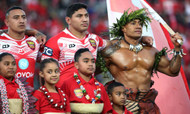The Guide to the Tongan Culture and Traditions
Posted by Maris on 3rd Jan 2024
Many locations worldwide have swaying palms, coral reefs, sandy beaches, and blue oceans. You can only truly experience Tongan culture in Tonga.
Being the only country in the Pacific to have never been colonized, Tonga is a proudly cultural nation. It is also home to the only monarchy in the region. Being Tongan is virtually the entire population, therefore it won't take much effort to fully immerse yourself in the culture here, which is a living, breathing thing. Discover how to take in the culture as a guest with this traveler's guide to Tongan culture.
Tongan Dance, Arts, and Crafts
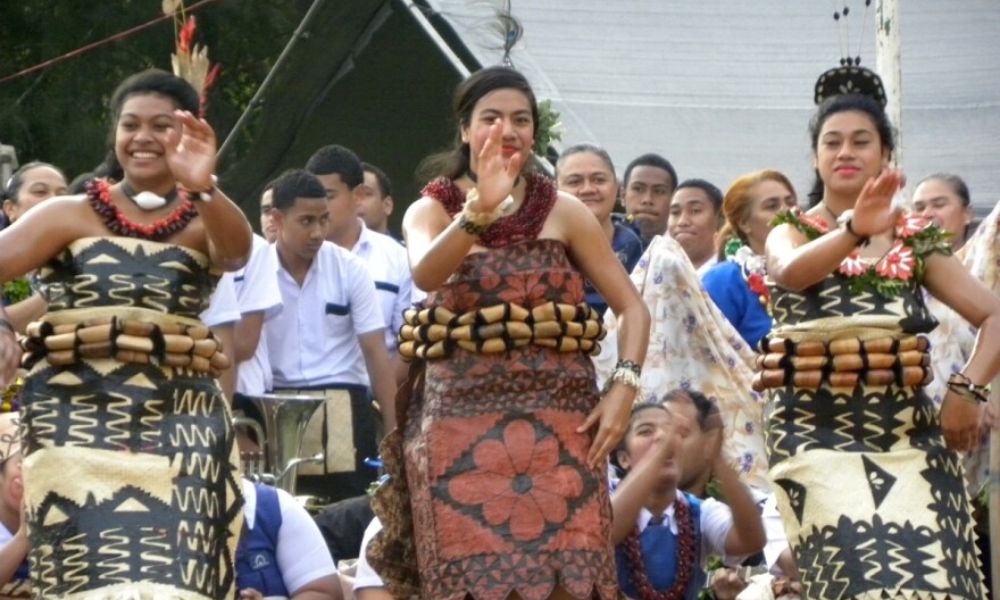
Traditional dancing is one of the most captivating ways that tourists can immerse themselves in Tongan culture through their arts and crafts.
Handicrafts from Tonga
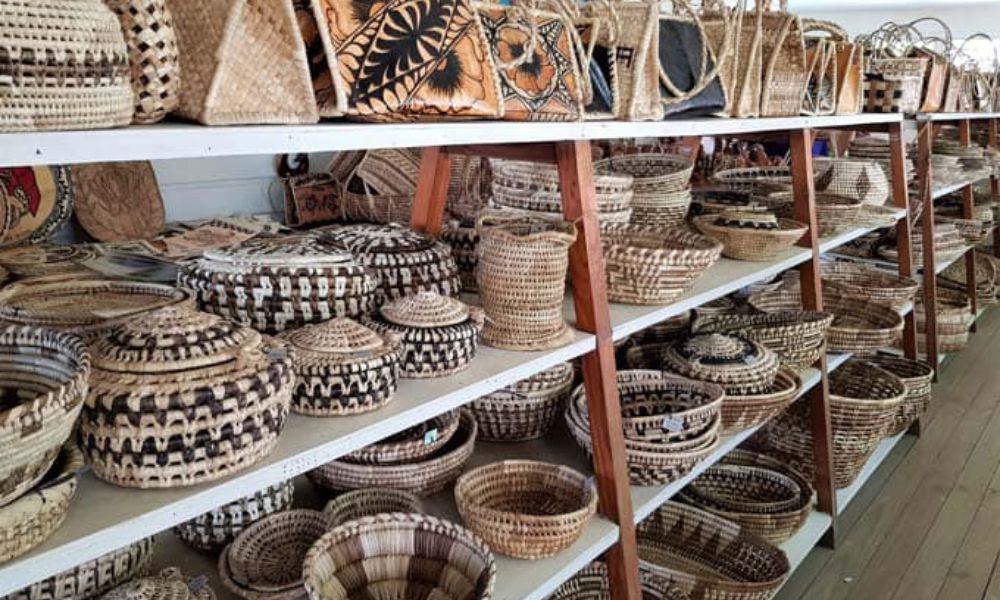
The handicrafts of Tonga are astounding. Nothing is mass-produced; all crafts are created by hand using materials found around. Viewers can witness indigenous women producing and/or retailing a variety of items, such as baskets, woven mats, bark cloth (tapa), waist mats (ta'ovala), waist girdles (kiekie), and more. Men have historically carved wooden objects such as food bowls, fighting clubs, and spears; however, same techniques are now also used to create jewelry pendants and ornaments with images of whales or warriors.
Made from the beaten bark of mulberry trees, tapa fabric is one of the most significant items of Tongan handicrafts. Women's organizations collaborate to make enormous tapa pieces that are given as gifts for important events like weddings and funerals.
Song and Dance of the Tongans
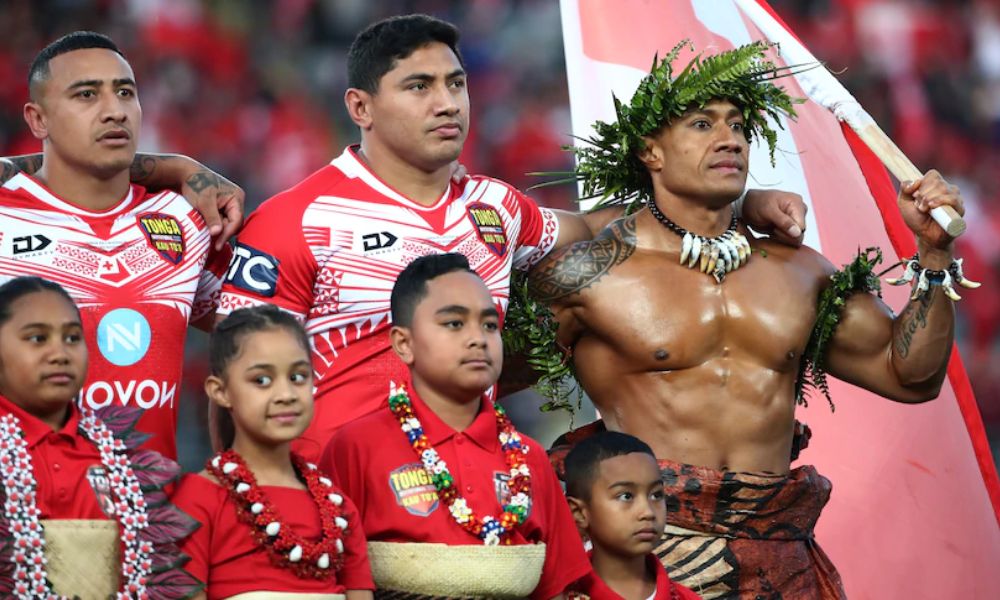
Tongans sing passionately in churches, have a national song and dance, and every high school in Tonga has a brass band. Music is an essential aspect of Tongan culture. Younger Tongans also listen to modern Western music.
The lakalaka is a traditional dance that is either reserved for special events or showcased for tourists in cultural displays, particularly during Tongatapu. It features a combination of more raucous battle dances performed by males and elegant dances done by women.
At Sunday church, beautiful harmonies resound throughout Tonga's towns and villages. Local schoolchildren will also play brass instruments in larger churches.

Tongan Cuisine and Liquor
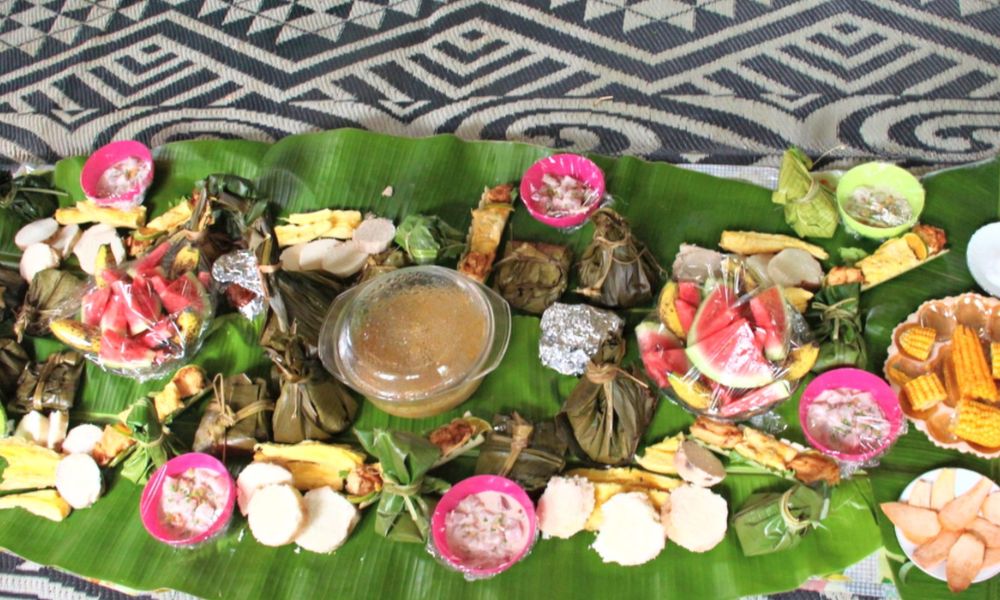
Because of its tropical climate and proximity to a flourishing ocean, Tonga has created its own unique cuisine and flavors. A few new delicacies have also established themselves as mainstays in Tongan cuisine.
Tongan cuisine mostly consists on seafood because they are an island nation. Tonga is known for eating crabs, shellfish, a wide variety of seafood, and—controversially—even sharks and sea turtles. Ota ika, raw fish marinated in coconut milk, is a favorite seafood dish.
Speaking of coconuts, the rich volcanic islands with their tropical environment are also home to a plethora of tropical fruit and vegetables. A major component of the native diet are root crops such yams, sweet potatoes, and taro. Fruits that are accessible year-round include coconuts, bananas, and papaya; however, summer brings additional variety to the local produce markets and stalls, where you may get mango, pineapple, guava, and other fruits.
The main dish of every Tongan feast is spit-roasted pork. Pigs can be seen walking the streets of Tonga, particularly in Vava'u.
In Tonga, bakeries are among the select few establishments that are permitted to work on Sundays (though their hours are naturally restricted). They are also incredibly well-liked there. Keki, or Tongan doughnuts, are a must-try.
The Language of Tongans
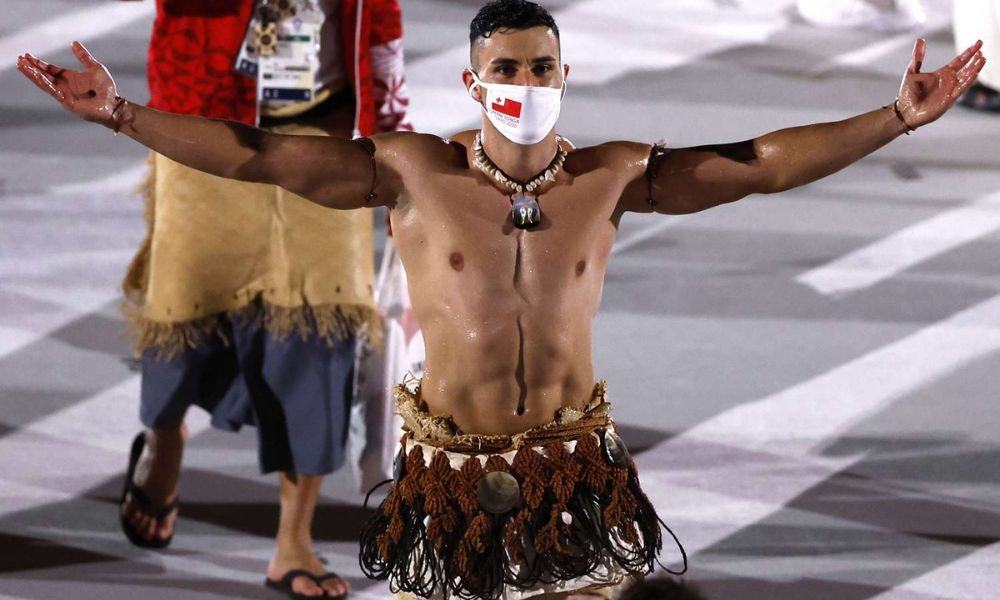
Tonga has two official languages: Tongan and English. With the exception of Niuafo'ouans, who speak a bit of Samoan, the majority of Tonga speaks a similar dialect.
Tonga's religion
Tongan laws and way of life are heavily influenced by religion. Nearly of Tonga's citizens belong to a Christian denomination where Sunday church attendance is customary.
Tonga's Sunday regulations, which prohibit practicing sports or conducting business on Sundays, are also influenced by religion. Sunday is a day for family, friends, church, and relaxation. Tongans follow their religious convictions when it comes to clothing, too.

